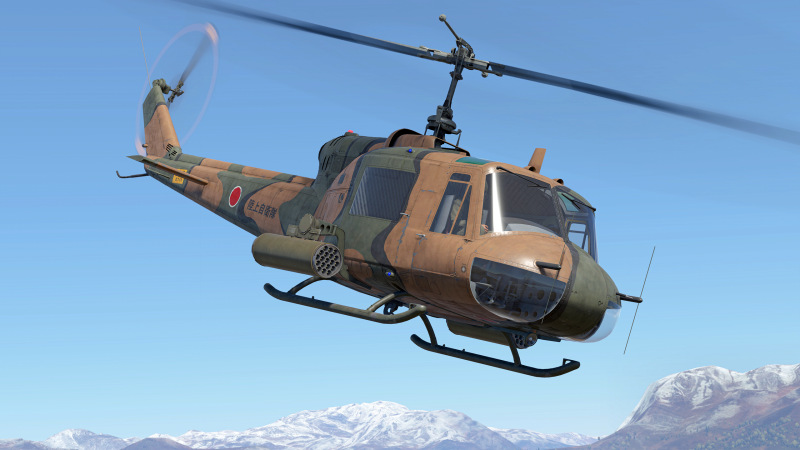THE Japanese military has pledged to donate Huey helicopters to the Philippine Army to boost its capability in non-combat missions, humanitarian assistance and disaster response.
Army spokesman Col. Xerxes Trinidad yesterday said Gen. Yoshida Yoshihide, commander of the Japan Ground Self-Defense Force, made the commitment to Army chief Lt. Gen. Romeo Brawner Jr. during a meeting at Camp Asaka in Tokyo, Japan last December 11.
Trinidad said Brawner and Yoshihide discussed areas of cooperation, including capability development, training and exercise and defense materiel assistance.
Trinidad said there was no specific number of UH-1J helicopters that will be donated. He said the aircraft are expected to be delivered in two to three years.
“There was no mention (of) how many. They just pledged to donate UH-1J helicopters…If we will have UH-1Js two to three years from now coming from Japan, that’s a big help, boost to the capability of our Aviation Regiment,” said Trinidad.
Once delivered, the aircraft will complement several fixed-wing and rotary aircraft in the inventory of the regiment.
“The utility helicopters will significantly boost the capabilities of the Army Aviation ‘Hiraya’ Regiment, especially in the field of humanitarian assistance and disaster response, medical evacuation, transport of personnel and supplies, and for damage assessment flights in times of national emergencies and calamities,” said Trinidad.
“They are going to be of big help. We could actually bring supplies immediately to our troops and to local government units or communities that are ravaged by typhoons,” added Trinidad.
Brawner said the partnership between the Philippine Army and Japan Ground Self-Defense Force would bear more fruit for the two sides.
“As we all know, the Philippines and Japan are within the Pacific Ring of Fire and we experience so many disasters every year. By collaborating, all of our Armies will be able to cooperate on ensuring that our people are safe as we face the various calamities that come to our land every year,” said Brawner.





